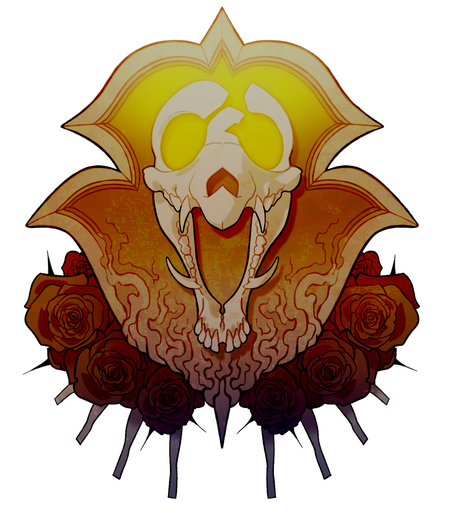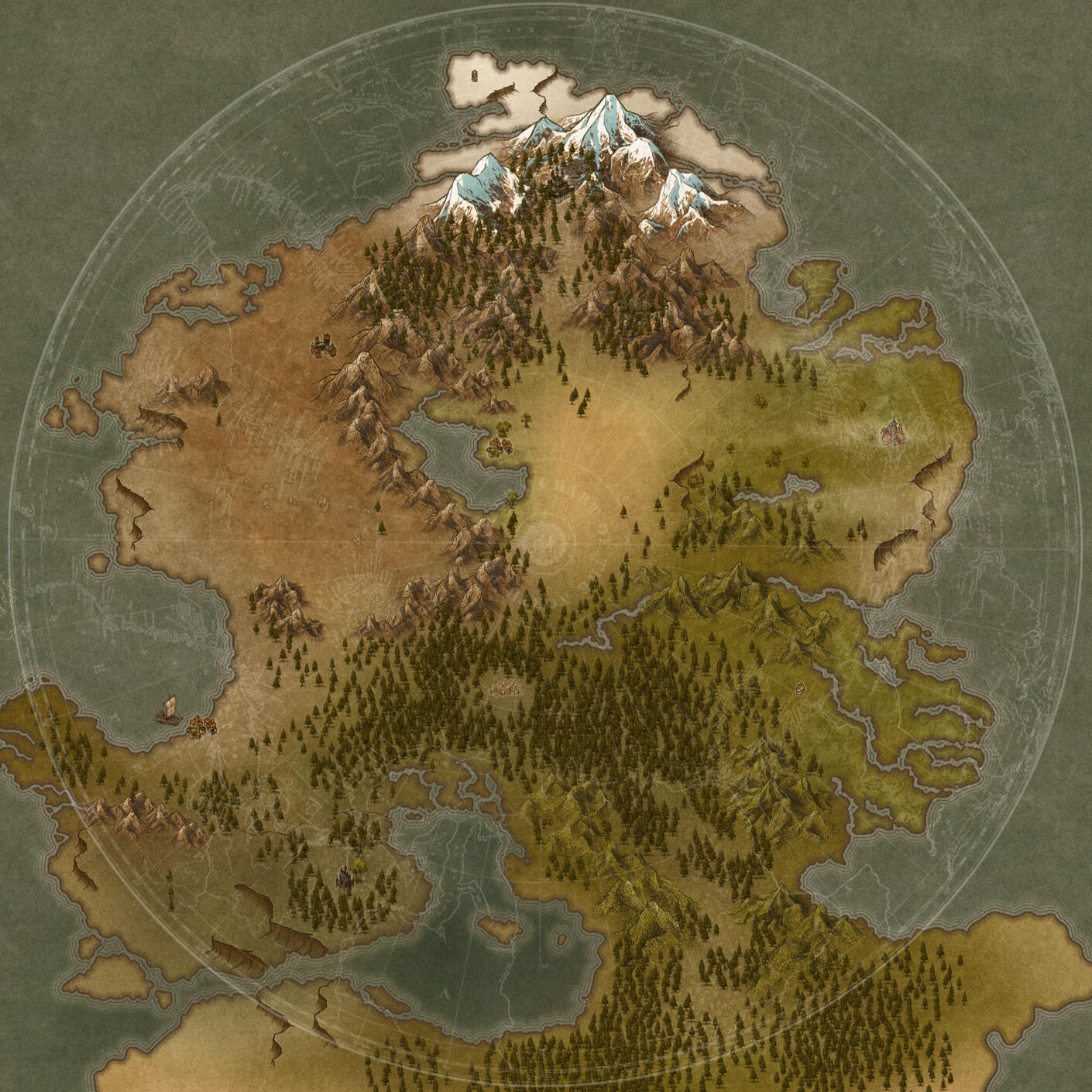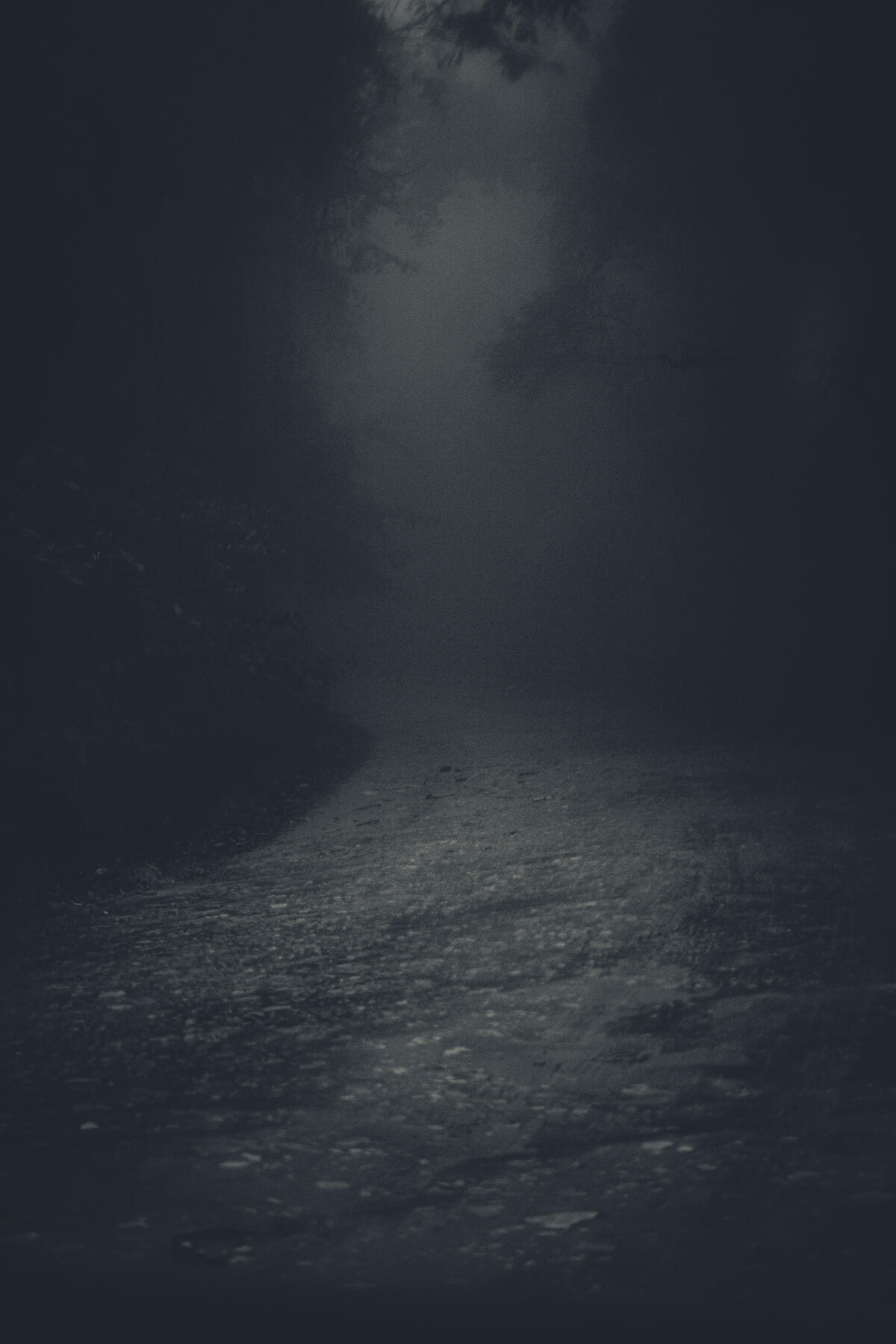chittercida
-compendium-

chittercida
-compendium-
Chittercida are a species of half-demons formerly idolized and now abandoned by mankind. Their identity and culture are based heavily around emotion, life, and death. Although formally incorporeal, they've been given the opportunity to possess physical bodies and now navigate the mortal world with the intention of developing an understanding of their own humanity.
| * |
|---|
| This compendium is intended to be the definitive collection of all information pertaining to the chittercida species, including legends and speculation. Will be updated and edited as necessary. |
Chittercida
chitter v. make a twittering or chattering sound.
-cida noun-forming suffix denoting "one who kills"
A chittercida, normally shortened to "chitter", is a being who came into existence via the energy created when a human being (specifically) experienced a particularly powerful emotion. Chittercida began their lives sentient but incorporeal. The means by which they came to possess physical bodies is unclear. Their physical bodies appear as quadruped primates. The entirety of their skull is exposed. Their eyes are bioluminescent.Chittercida inhabit a peninsula in Northern Europe long abandoned by mankind on account of relentless hauntings. This peninsula is called Witeholm (wiht n. a demon, monster + holmr n. a small island). It is mostly marshland, but becomes dry and frigid the further it reaches north. Witeholm is divided into 5 lax territories, each belonging to a designated monarch and their "kin".Chitters have equal intelligence to that of human beings. They live in a technically feudal society that is developing rapidly with the help of its neighboring human societies. Despite this, the relationship between human beings and chittercida is strained, with chitters harboring feelings of abandonment and humans generally unwilling to accept chitters as equals. Humans are welcome in Witeholm, albeit hesitantly.

| Note: |
|---|
| Human-chittercida symbiosis is believed to have paleolithic origins. Human beings could perceive chittercida in their incorporeal state and understood them to be teachers who would guide their progenitor in developing an appreciation of their designated emotion. However, as human beings developed, they naturally became skeptical of the supernatural and eventually lost their ability to perceive the incorporeal. Chittercida born during this period of time are colloquially referred to as bastard spirits. A few generations later, human emotion stopped giving birth to chittercida altogether, and has not done so since. |
"Progenial Emotions"
and Foraging
A chittercida’s physical body is sustained by physical meals, naturally, but a chittercida’s soul needs emotional sustenance. Emotions can be fed upon by simply being in their presence, but a chittercida can make the conscious decision not to feed. Emotional starvation results in fatigue and depression. Chittercida can feed on the emotions of anything capable of experiencing them, but human beings and other chittercida are generally the only socially acceptable hosts. Feeding on life forms of lesser intelligence is considered uncouth, in addition to being much less nourishing.A progenial emotion is the emotion a chittercida was originally born from. It has long been tradition for a chittercida to feed exclusively on their progenial emotion, so much so that most chittercida believed it impossible to feed on anything but. While this is not the case, indulging in foreign emotions is a relatively new concept that one is likely to shy away from at the moment.A progenitor is the human whose emotion (and the energy therein) gave "birth" to a chittercida. Again, it was tradition to maintain a close relationship with one's progenitor, but this became impossible once human beings lost their ability to perceive the incorporeal. Although it is now possible for a (now corporeal) chittercida to find and interact with their progenitor, the act of serving them is considered completely archaic; very few, if any, chittercida still commit to such a practice.
| Progenial forager - one who feeds on the emotion(s) of a single designated host. |
| Rogue forager - one who feeds on the emotion(s) instilled in others by a designated host. |
| Denizen forager - one who feeds on the emotion(s) present in a designated location. |
| Transient forager - one who feeds on whatever emotion(s) they encounter on their travels |


Emotional Alignments

Joy

Anger

Fear

Contentment

Sorrow
The period of time during which human beings began losing their connection with the supernatural was confusing and isolating for most chittercida. There was a mix of those who were actively serving their purpose and those who did not know what their purpose was. The species found itself divided, and rife with resentment. Bastard spirits with no human contact congregated with those born from similar emotions. These factions settled into 5 categories, which became the 5 umbrella emotions.This period came to a close as the last remaining human beings with a connection to their chittercida began to die. In then end, there were 5 chitters left who had contact with their human counterpart, each aligning with one of the preestablished umbrella emotions. Resentment had gone cold and given way to curiosity, and the 5 chitters were allowed into the factions to relay information and tell tales. As time passed, these 5 became known as the monarchs, stronger than most on account of their opportunities to feed and perceived as wise on account of their experience.The umbrella emotions are now typically referred to as emotional alignments, and tend to have associations with their respective monarchs.
| Note: |
|---|
| Did it occur to you that the chittercida of the past who had contact with and served their progenitors are no longer with us? Contrary to what you might deduce, a chittercida does not die when their human counterpart dies. They remain. It was tradition for one whose progenitor had died to travel to redacted. This place calls to chittercida, presumably, once they've served their purpose. No one has heard this call since the species became corporeal, and the actual location has never been found. |




